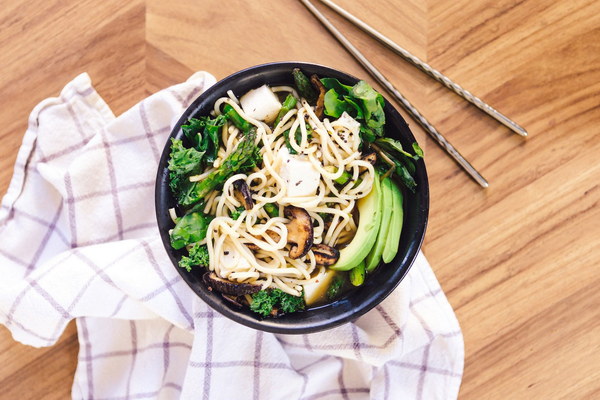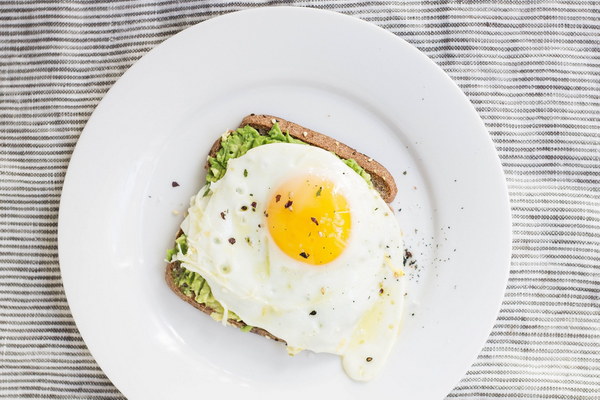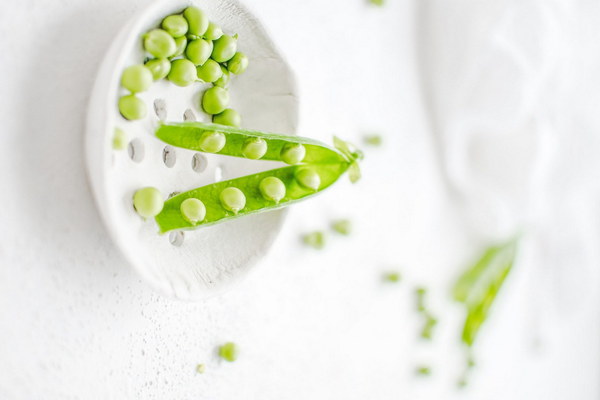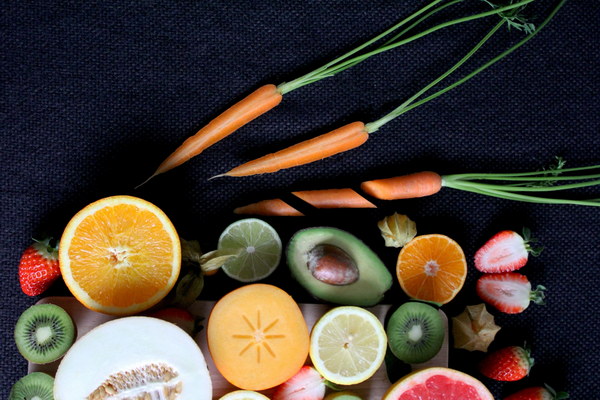Is Pigeon Soup the Secret to Boosting Your Health
In the realm of traditional Chinese medicine, pigeon soup holds a special place as a nourishing and health-boosting elixir. But is it truly as beneficial as it's often claimed to be? Let's delve into the world of pigeon soup to uncover its potential health benefits and whether it's worth incorporating into your diet.
The Nourishing Qualities of Pigeon Soup
Pigeon soup, also known as Yin Yang soup, is believed to be a powerful remedy that can help strengthen the body and improve overall health. In traditional Chinese medicine, pigeons are considered to have a warm and moistening property, which is believed to help balance the body's Yin and Yang energies.
Here are some of the health benefits often attributed to pigeon soup:
1. Immune System Support: Pigeon soup is believed to boost the immune system, making it an ideal remedy for those recovering from illness or looking to prevent infections.
2. Energy and Vitality: The soup is thought to increase energy levels and vitality, particularly during periods of fatigue or weakness.
3. Digestive Health: It's claimed that pigeon soup can aid in digestion and help alleviate symptoms of gastrointestinal issues.
4. Respiratory Health: Due to its believed ability to moisten the lungs, pigeon soup is sometimes recommended for respiratory conditions such as coughs and bronchitis.
5. Skin Health: Some believe that pigeon soup can improve skin health, leading to a more radiant and supple complexion.
The Science Behind Pigeon Soup
While traditional beliefs about pigeon soup are widely held, scientific evidence to support these claims is limited. However, there are some nutrients found in pigeon meat that could contribute to its health benefits:
- Protein: Pigeon meat is rich in protein, which is essential for muscle repair and overall health.
- Minerals: Pigeons are a good source of minerals like iron, calcium, and potassium, which are important for various bodily functions.
- Vitamins: Pigeon meat contains vitamins B3, B6, and B12, which are known for their role in energy production and brain function.
How to Make Pigeon Soup
If you're interested in trying pigeon soup, here's a basic recipe:
Ingredients:
- 1 whole pigeon, cleaned and prepared

- 4-6 cups of water
- 1 carrot, sliced
- 2 onions, quartered
- 2 stalks of celery, sliced
- 2 cloves of garlic, minced
- 1 teaspoon of ginger, minced
- Salt and pepper to taste
- Optional: Goji berries, astragalus root, or other Chinese herbs
Instructions:
1. Place the pigeon in a large pot with the water, carrot, onions, celery, garlic, and ginger.
2. Bring the pot to a boil, then reduce heat and simmer for about 2 hours, or until the meat is tender.
3. Skim any foam that rises to the surface during cooking.
4. Add salt, pepper, and any additional herbs or goji berries to taste.
5. Serve hot, allowing the soup to cool slightly before enjoying.
Conclusion
While pigeon soup is steeped in tradition and offers a variety of nutrients, the scientific evidence to substantiate its health claims is limited. However, incorporating a variety of proteins and nutrients into your diet can certainly contribute to overall health. If you're interested in trying pigeon soup, it might be worth adding it to your culinary repertoire, but remember to consult with a healthcare professional before making significant changes to your diet, especially if you have specific health concerns or dietary restrictions.









